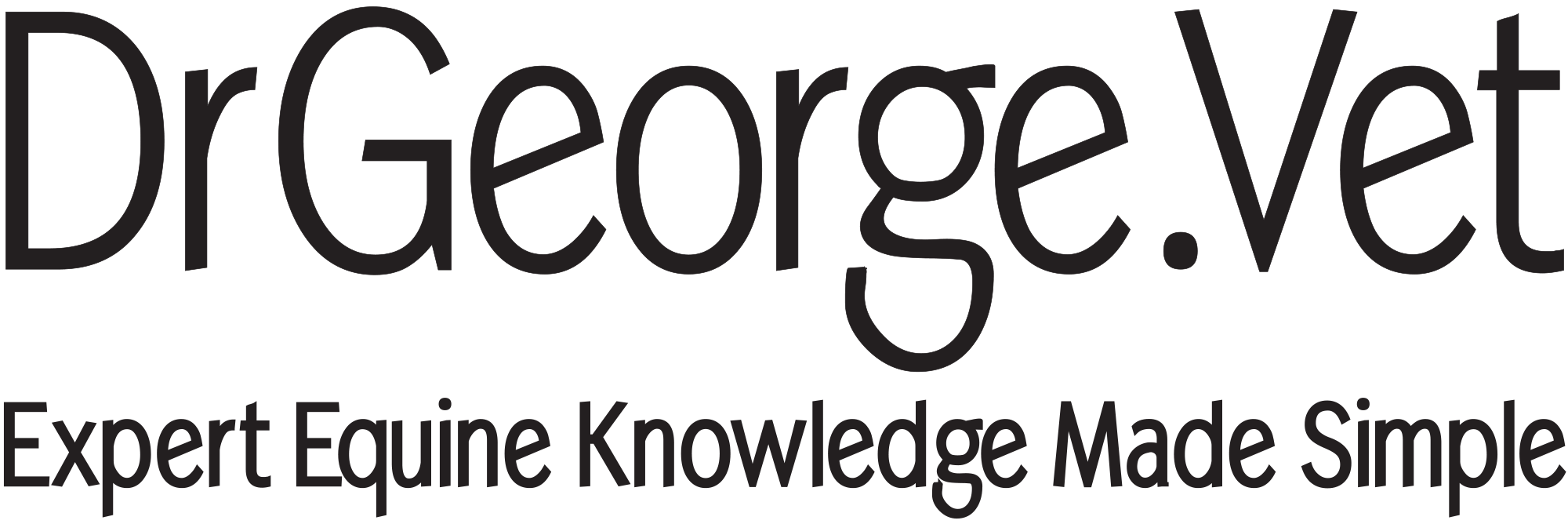It’s incredibly exciting to take the leap and buy your first horse. However, it can be very daunting. There are so many factors to take into consideration, from upfront costs and decisions, to ongoing husbandry and care. Suitability and temperament are key and I recommend getting an experienced rider you trust to try the horse with you. Here are some of the main points to consider:
Pre-purchase exam – so so so important! I can’t stress enough how necessary this is. Getting your prospective purchase checked by a vet can rule out underlying disease and injury that you wouldn’t otherwise be aware of. This can help you to care for the horse properly or prevent you buying a horse that will only be a costly burden.
Worming, vaccination and dental – Horses should be up to date with tetanus and strangles vaccination. Depending on where you live, influenza or Hendra virus vaccination may also be necessary. A yearly dental exam is also essential to keep your horse’s mouth healthy and pain free, especially as they get older. I recommend talking to your vet about setting up a worming schedule for your horse. The timing, frequency and type of wormer are dependent on quite a few factors – see my blog post on worming.
Feed – Depending on the quality of pasture, age, type and work the horse is in, you will need to give supplemental feed. This might just be additional hay or may need to be concentrate feeds twice daily.
Tack, grooming and rugs – A correctly fitting saddle and bridle is essential for your horse’s comfort. Regular grooming is also important for your horse’s wellbeing and ensures a full check over daily. Many horses also require fly, turnout or stable rugs depending on the environment.
Emergency – It is important to consider unforeseen events, such as wounds, colic, choke etc. that will need veterinary treatment. On average, horses will need veterinary care about once a year for non-routine events. I recommend putting together a first aid kit for minor emergencies and having a look into insurance options.
Farriery – Most horses will need their feet trimmed every 6 weeks, some more regularly. If your horse is being worked on hard ground or roads, shoes will probably be needed too.
Extras – agistment/livery, stables, bedding, travel and transport costs to events and tick and fly prevention are extras you may need to consider.
This list is by no means exhaustive but hopefully will help prepare you to be a responsible horse owner!
Overall, horses can take up a lot of time and the yearly maintenance costs can easily come into thousands of dollars. However, once you have the right horse for you, I’m sure you’ll agree, it’s all totally worth it!




No Comments